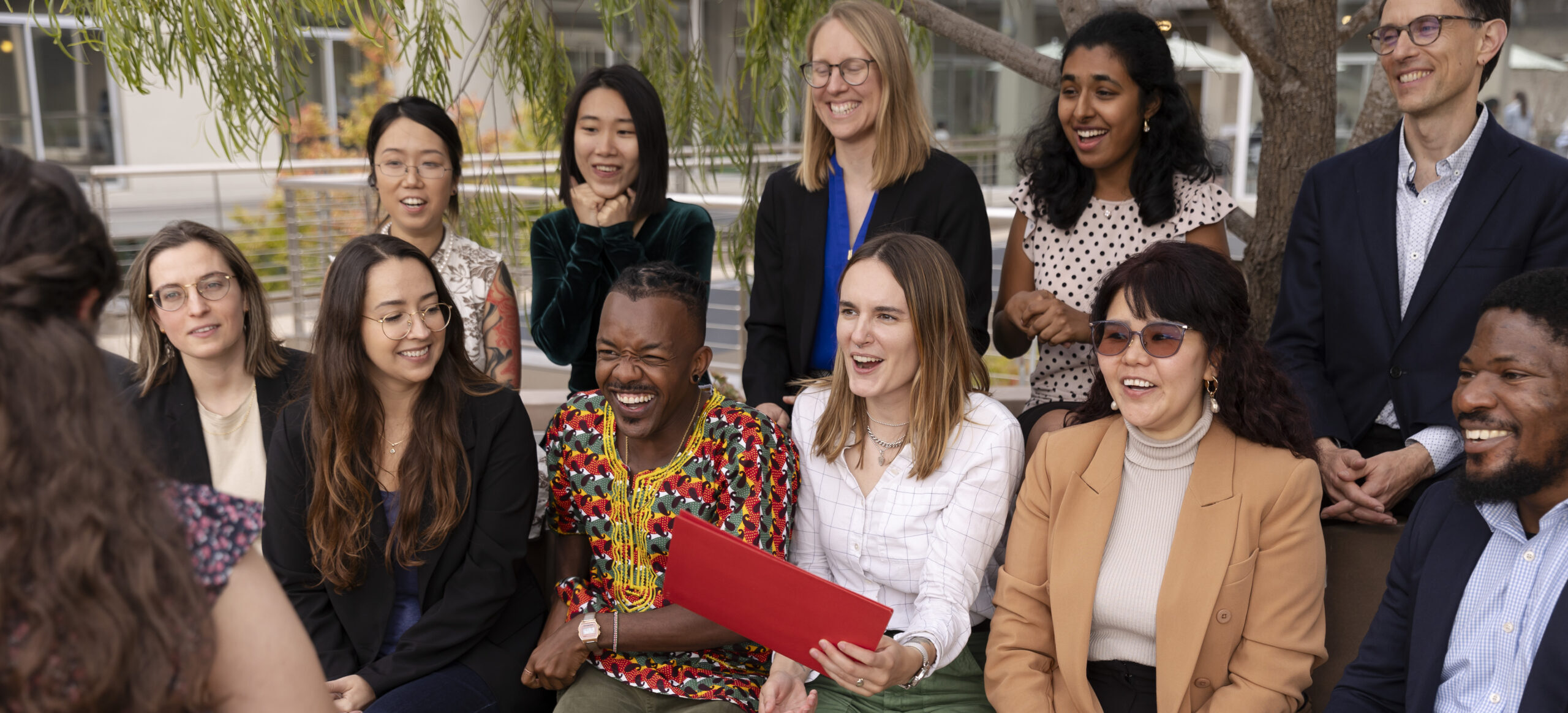FAQs
If you can’t find the answer to you question below, please reach out to Alexey Berlind at [hrcfellowships@berkeley.edu].
Students at UC Berkeley, UC Merced, UC Irvine, and the Graduate Theological Union are currently eligible for the Human Rights Center Student Fellowship.
Please direct all inquiries to Alexey Berlind at [hrcfellowships@berkeley.edu]. He will let you know whom to contact at other UC campuses.
The fellowship is intended to support summer fieldwork conducted between May 15 and September 15. Fellows are expected to spend at least 6-8 weeks full-time or equivalency working on the project.
Yes.
The fellowship requires participation in the post-fieldwork gathering in September and presentation at the formal conference in October on Berkeley campus. Therefore, we recommend that students with plans to travel abroad during the fall semester not apply. If you have questions about your specific circumstances, email Alexey Berlind at [hrcfellowships@berkeley.edu].
If you are graduating in May of the year you apply for the fellowship, you can still apply. Unfortunately, we are not able to accept students graduating the December prior to applying for the fellowship. If you wish to apply as a graduating student, please confirm in your application that you will be able to complete all of the fellowship requirements, including participation in the post-fieldwork gathering in September and presentation at the formal conference in October on the UC Berkeley campus.
Yes, with the understanding that you and your partner will share one fellowship stipend of $8,000 (as of 2023).
No.
You are free to choose any partner organization you wish. Applicants have researched potential partner organizations at PSLawNet.org, Idealist.org, and ReliefWeb.int, among others. Consider asking colleagues or faculty members for recommendations in your field of study. It is your responsibility to seek out an appropriate partner organization.
Yes.
We announce the fellowship awards by mid-March.
The selection committee is made up of three faculty members representing different disciplines from UC Berkeley plus one senior staff member from the Human Rights Center. The Fellowship Coordinator does not sit on the selection committee.
A CV is a cumulative résumé summarizing your academic and professional experience. We request your CV to gauge your skills, assess your background, and outline how this fellowship will build on your past experience. Your CV should highlight any relevant experience in human rights, fieldwork, volunteering, research or language skills.
Your statement of purpose should describe your proposed fellowship activities. It should be no more than five pages. It is acceptable to put your references on a sixth page.
Letters should be addressed to your campus fellowship coordinator. For UC Berkeley applicants only: Confidential letters of recommendation should be submitted directly by the recommenders to [hrcfellowships@berkeley.edu]. We will let you know when your letters have been received. If you do not receive confirmation, please contact recommenders to make sure letters are sent by the deadline. Partner organization emails should be uploaded with your online application.
A partner letter should include: the mission of the organization, your project’s goals, and how those goals relate to the overall objectives of the organization and the community it serves, your previous relationship with the organization (if applicable), and the broad work arrangement you’ve agreed on with the organization to avoid later confusion (amount of hours per week, work location(s), approximate start/end dates or amount of days to be worked). If you have further questions on what a partner letter should contain, please contact Alexey Berlind at [hrcfellowships@berkeley.edu].
You must submit a letter of support from your proposed partner organization by the deadline. Ask the organization for this letter early, especially if their communications systems are not optimal.
Of the two recommendation letters, at least one of these should be from a faculty member familiar with your academic record at your academic institution. The other can be from another academic, or someone more familiar with your professional or volunteer work.
A faculty letter should include: how a faculty member knows you, how you performed in their class, and their opinion of your abilities with regard to your proposed fellowship project. If you have further questions on what a faculty letter should contain, please contact Alexey Berlind at [hrcfellowships@berkeley.edu].
No. All materials—including recommendations—must be submitted by the deadline. Ask faculty for recommendation letters early, especially if they are on leave.
Yes, you may seek additional funding. Multiple sources of funding will be one of many factors considered by the selection committee, and applicants should not feel discouraged to apply if they have other sources of funding. Berkeley Law students specifically are expected to apply for and receive the Edley Grant, which HRC’s stipend will supplement.
No. All applications should be submitted via our online application form, except for the letters of recommendation to be submitted separately to [hrcfellowships@berkeley.edu]. If it is not possible for you to submit an electronic application, please contact Alexey Berlind at [hrcfellowships@berkeley.edu].
If you are conducting research, your project may require approval from CPHS. For more information, please speak to your faculty advisor and visit the CPHS website. Fellowship awards are not contingent upon CPHS approval.
Incomplete applications will not be considered and will not be forwarded to the selection committee. Please allow sufficient time to research and contact partner organizations, and to obtain letters of recommendation from faculty.
